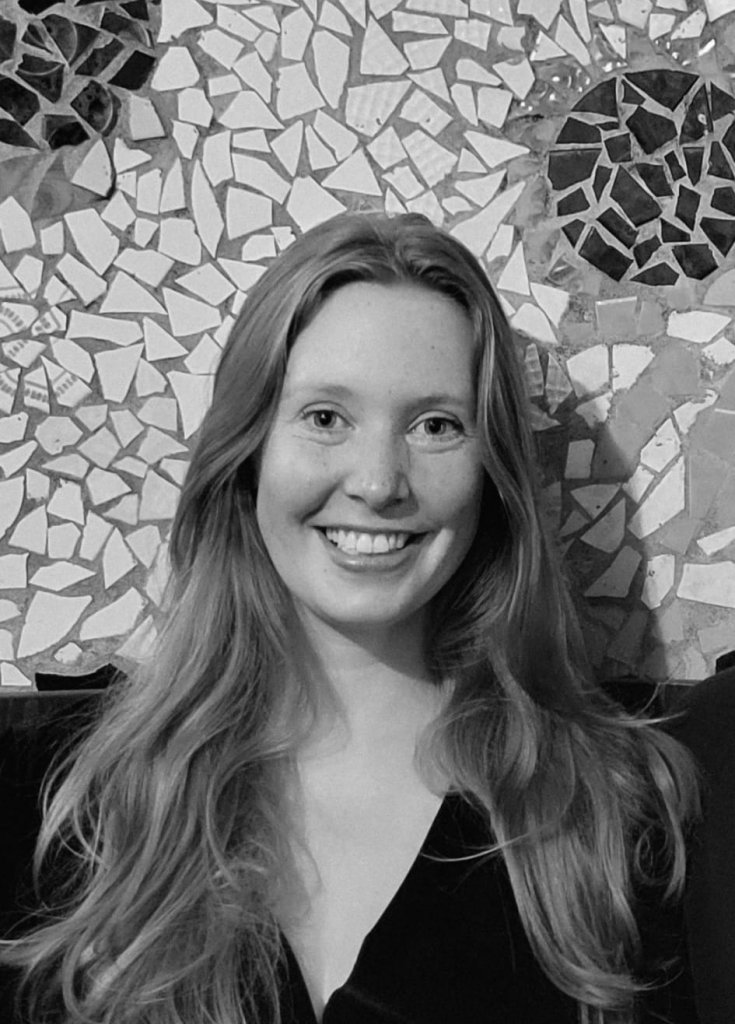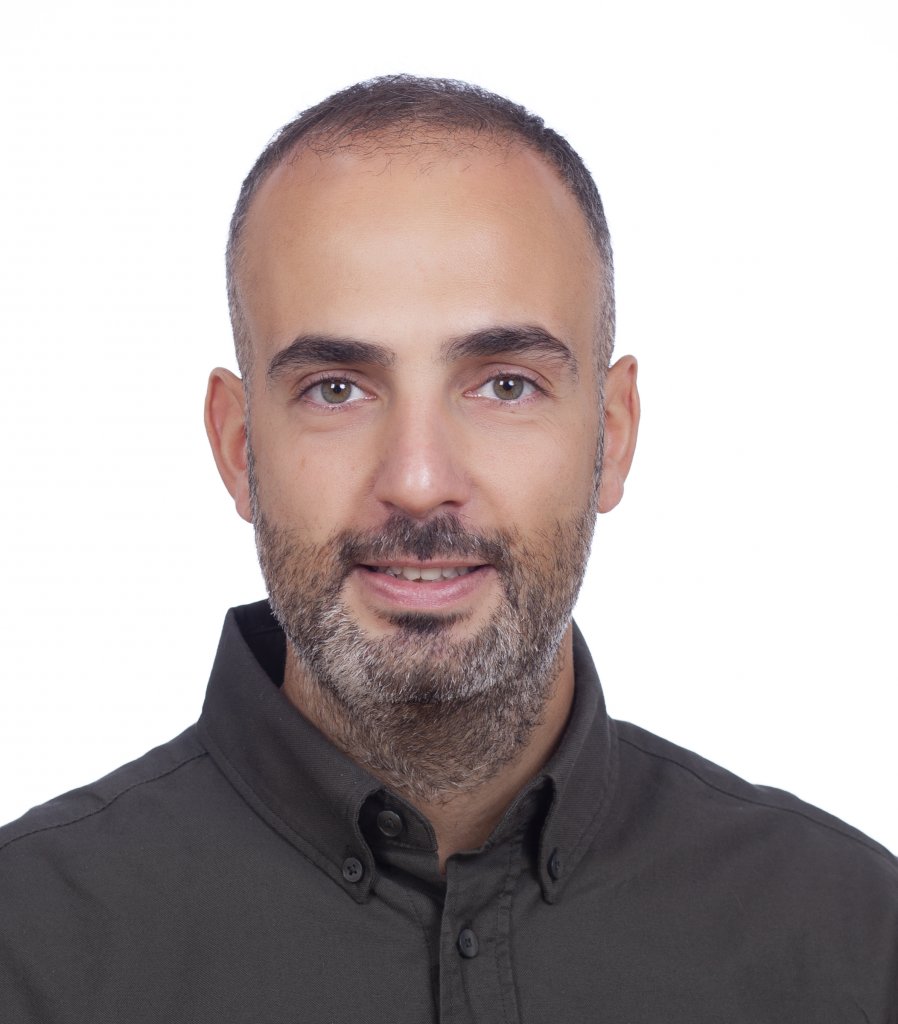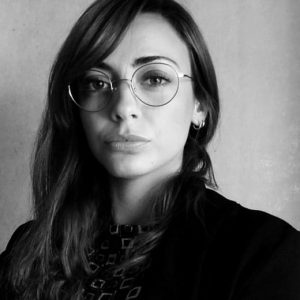2026

Anneleen De Cuyper
PhD researcher (Research Foundation – Flanders (FWO) fellowship), Department of Sociology, University of Antwerp, Belgium
Host institution for the research visit: University of Gothenburg, Sweden
Planned period of the visit: 27 May to 26 June 2026
The 2026 ESHMS Research Visit Grant supports a PhD project examining sexual harassment in higher education through an intersectional lens. During a four-week research stay at the Department of Sociology and Work Science at the University of Gothenburg, hosted by Dr Anne-Laure Humbert and Professor Sofia Strid, the project will apply advanced I-MAIHDA modelling to a large-scale European dataset to identify risk profiles across academic contexts. The visit will strengthen methodological and theoretical expertise and contribute to a high-quality scientific publication on gender-based violence, institutional well-being, and inequalities in higher education.

Roberto Giosa
Substitute Lecturer at the University of Oviedo, Spain
Host institution for the research visit: Université Laval, Canada
Planned period of the visit: 1 June-30 September 2026
The 2026 ESHMS Research Visit Grant supports a postdoctoral researcher investigating how general practitioners manage HPV vaccine hesitancy in everyday practice. Hosted by Professor Ève Dubé at Université Laval and the CHU de Québec–Université Laval Research Center, the project explores how GPs respond to patients’ concerns, with attention to gendered and territorial differences. Through literature review and qualitative interviews with Québec physicians, the visit advances an innovative application of Street‑Level Bureaucracy Theory and strengthens policy‑relevant research on HPV vaccination strategies.
2025

Léa loubet
Phd student in public health and sociology, University Paris Cité, France
Visit: School of Health in Social Science, University of Edinburgh, United Kingdom
June 2025
The 2025 ESHMS Research Visit Grant supports a PhD candidate investigating the integration of gender in suicide prevention for adolescents and young adults. The research, rooted in sociology, involves a systematic review of prevention programmes and a qualitative study of French suicide prevention strategies. The visit to the School of Health in Social Science at the University of Edinburgh will enable engagement with innovative sociological approaches, particularly the “Discovering Liveability” project. This exchange will facilitate theoretical and methodological advancements, comparative policy analysis between the UK and France, and participation in academic forums.

riccardo pronzato
Postdoctoral research fellow, University of Bologna, Italy
Visit: Centre for Medical Science and Technology Studies, Department of Public Health, University of Copenhagen, Denmark
The second 2025 ESHMS Research Visit Grant recipient is studying the socio-technical development of AI-powered eHealth technologies, focusing on an e-learning chatbot for dementia caregivers. This research examines the co-design process, power dynamics, and implementation of AI in healthcare. The visit to the Centre for Medical Science and Technology Studies (MeST) at the University of Copenhagen will provide valuable engagement with experts in Science and Technology Studies (STS), fostering theoretical insights, collaborations, and comparative analysis with similar research activities in healthcare technology and caregiving.
2021

Dr. Barbara Morsello
Biomedical Science Department, University of Padova, Italy
Visit: Laboratory for Science and Technology Studies-STSLab, Institute of Social Sciences, University of Lausanne, Switzerland
May 2022
The Horizon 2020 project entitled SYNCH (A SYnaptically connected brain-silicon Neural Closed-loop Hybrid system) in which I am involved in is concentrated on the development of a hybrid system based on the Deep Brain Stimulation Technology and Closed Loop System (AI) as a potential treatment for the Parkinson’s disease and many other.
As a social scientist I am in charge of the evaluation of social and ethical aspect related to brain technology and AI systems. I am doing so by deeper understanding and comparing stakeholders’ -physicians’, neurosurgeons’, neurologists’, entrepreneurs’, computer scientists’, ethicists’, patients’ – expectations and “imagined futures” related to this emerging technology.
Switzerland has a long tradition of brain studies, from the Brain Human project to the study of neuroprosthetics or brain-computer interfaces applied to biomedicine. During my research stay at University of Lausanne at the Institute of Social Science, I had the opportunity to meet several stakeholders currently involved in the Swiss brain studies landscape and exchange knowledge with the members of STS Lab about the relationship between neuroscience and social science in the study of brain technology.
Among the persons I met with were Jocelyin Bloch, a neuroscientist and neurosurgeon at the University Hospital of Lausanne and at EPFL with whom I was able to learn more about the potential of the closed-loop. I also had a privilege to meet Yanik Mehmet Fatih, professor of Neurotechnology at the Institute of Neuroinformatics at ETH Zürich, who showed me his latest studies with a special focus on the need to find increasingly less invasive approaches to treating diseases related to neuronal dysfunctionality. Besides, with Markus Christen, managing director of the Digital Society Initiative at the University of Zurich (UZH) and head of the “DSI Digital Ethics Lab,” and with Ralf Jox, a physician and neurologist at the Institut des Humanités en Médecine, we addressed social and ethical aspects related to the possible scenarios in which the human and technologies are mutually involved, making the boundaries increasingly blurred.
Changing bodies, enhancing neural functionalities, are some features of the fusion between human and nonhuman, that often fuel imaginaries related to biomedical innovation even among professionals themselves, reflecting in patients’ narratives and their fears. Comparing the Swiss and Italian perspectives and trying to understand the cultural reasons that convey representations of innovation in the biomedical field was very helpful in advancing my project.
Dr. Barbara Morsello